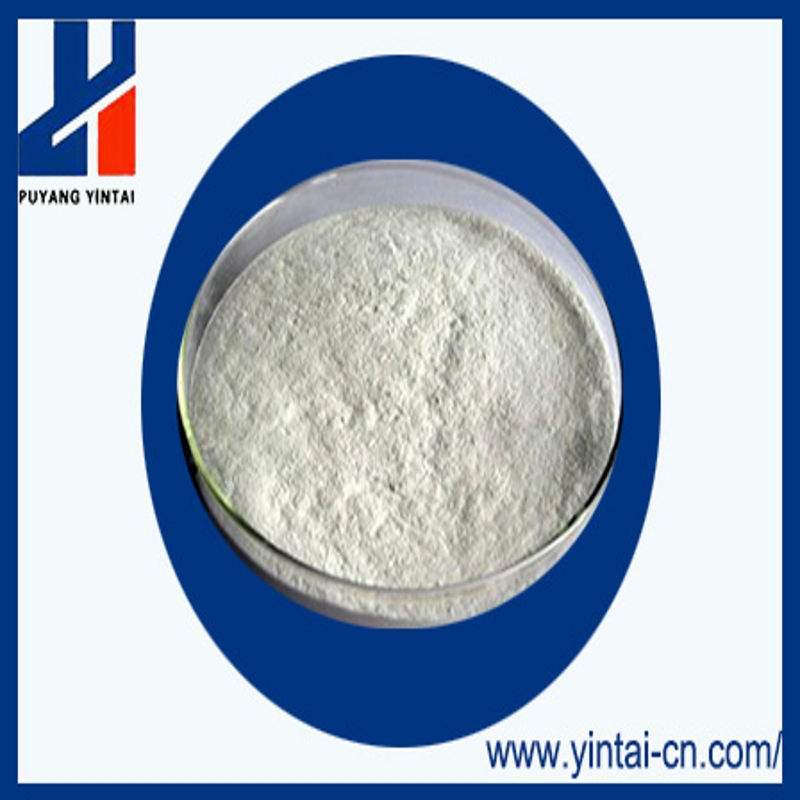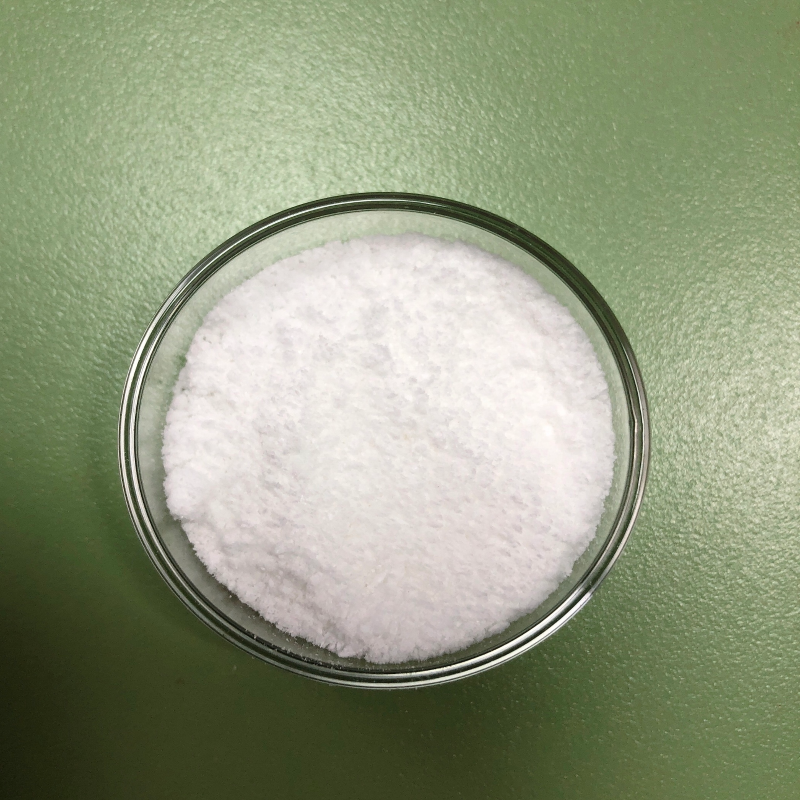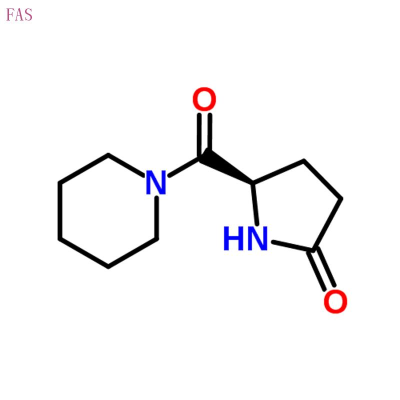-
Categories
-
Pharmaceutical Intermediates
-
Active Pharmaceutical Ingredients
-
Food Additives
- Industrial Coatings
- Agrochemicals
- Dyes and Pigments
- Surfactant
- Flavors and Fragrances
- Chemical Reagents
- Catalyst and Auxiliary
- Natural Products
- Inorganic Chemistry
-
Organic Chemistry
-
Biochemical Engineering
- Analytical Chemistry
- Cosmetic Ingredient
-
Pharmaceutical Intermediates
Promotion
ECHEMI Mall
Wholesale
Weekly Price
Exhibition
News
-
Trade Service
Ning black tea is mainly produced in Xiushui County, Tonggu County, Wuning County and other places in Jiangxi, and is one of the earliest black teas in China, enjoying the reputation
of "tea cover China, price in the world".
As the only representative of black tea in the "four green and one red" development strategy of the tea industry in Jiangxi Province, Ning black tea is known for its beautiful ropes, golden milli revealing, sharp seedlings straight, dark color, mellow and sweet taste, high and lasting internal fragrance and bright red and bright leaf base
.
In recent years, the teachers of tea science at the College of Agriculture of Jiangxi Agricultural University have conducted research on the formation of flavor substances during the processing of Ninghong tea, the formation of aroma substances during fermentation and the enzymatic mechanism of key enzymes in vitro in fermentation, which has further strengthened the theoretical basis of the quality formation of Ninghong tea and promoted the technological innovation
of Ninghong tea processing technology.
of "tea cover China, price in the world".
As the only representative of black tea in the "four green and one red" development strategy of the tea industry in Jiangxi Province, Ning black tea is known for its beautiful ropes, golden milli revealing, sharp seedlings straight, dark color, mellow and sweet taste, high and lasting internal fragrance and bright red and bright leaf base
.
In recent years, the teachers of tea science at the College of Agriculture of Jiangxi Agricultural University have conducted research on the formation of flavor substances during the processing of Ninghong tea, the formation of aroma substances during fermentation and the enzymatic mechanism of key enzymes in vitro in fermentation, which has further strengthened the theoretical basis of the quality formation of Ninghong tea and promoted the technological innovation
of Ninghong tea processing technology.
The results of the study are "Multi-omics and enzyme activity analysis of flavour substances formation: Major metabolic pathways alteration during Co.
" ngou black tea processing", recently published
in Food Chemistry (CAS Region I, IF 9.
231).
Dr.
Yang Liu, Ph.
D.
student of the College of Agriculture, is the first author, and Professor Liu Yong and Dr.
Teng Jie are the corresponding authors
.
Article DOI: https://doi.
org/10.
1016/j.
foodchem.
2022.
134263
" ngou black tea processing", recently published
in Food Chemistry (CAS Region I, IF 9.
231).
Dr.
Yang Liu, Ph.
D.
student of the College of Agriculture, is the first author, and Professor Liu Yong and Dr.
Teng Jie are the corresponding authors
.
Article DOI: https://doi.
org/10.
1016/j.
foodchem.
2022.
134263
The research results, entitled "Black tea aroma formation during the fermentation period", were recently published
in Food Chemistry (CAS Region I, IF 9.
231).
Dr.
Chen Qincao and Dr.
Teng Jie of the College of Agriculture are the first author and corresponding author
, respectively.
Article DOI: https://doi.
org/10.
1016/j.
foodchem.
2021.
131640
in Food Chemistry (CAS Region I, IF 9.
231).
Dr.
Chen Qincao and Dr.
Teng Jie of the College of Agriculture are the first author and corresponding author
, respectively.
Article DOI: https://doi.
org/10.
1016/j.
foodchem.
2021.
131640
The research results, entitled "In vitro enzymatic synthesis of a monomeric theaflavin using a polyphenol oxidase isozyme from tea (Camellia sinensis) leaf", were recently published in Internatio Published in the nal Journal of Food Science and Technology (CAS Region II, IF 3.
612), Dr.
Teng Jie and Dr.
Chen Qincao of the College of Agriculture, respectively, are the first author and corresponding author
.
Article DOI: https://doi.
org/10.
1111/ijfs.
15489
612), Dr.
Teng Jie and Dr.
Chen Qincao of the College of Agriculture, respectively, are the first author and corresponding author
.
Article DOI: https://doi.
org/10.
1111/ijfs.
15489







